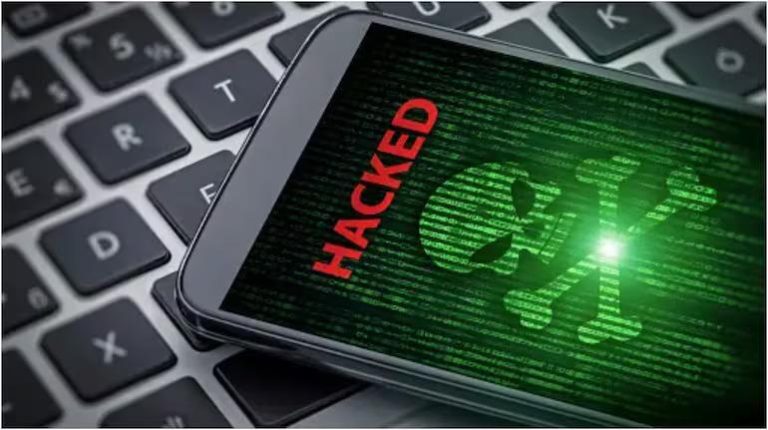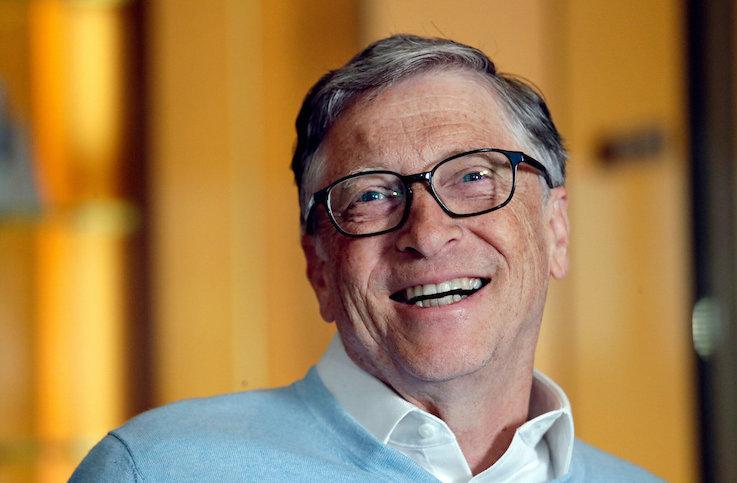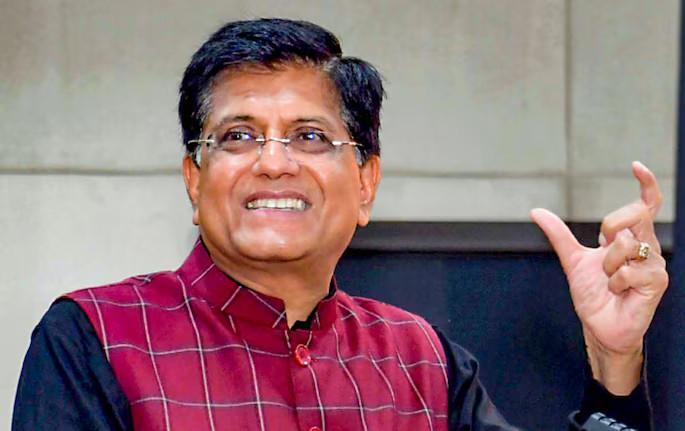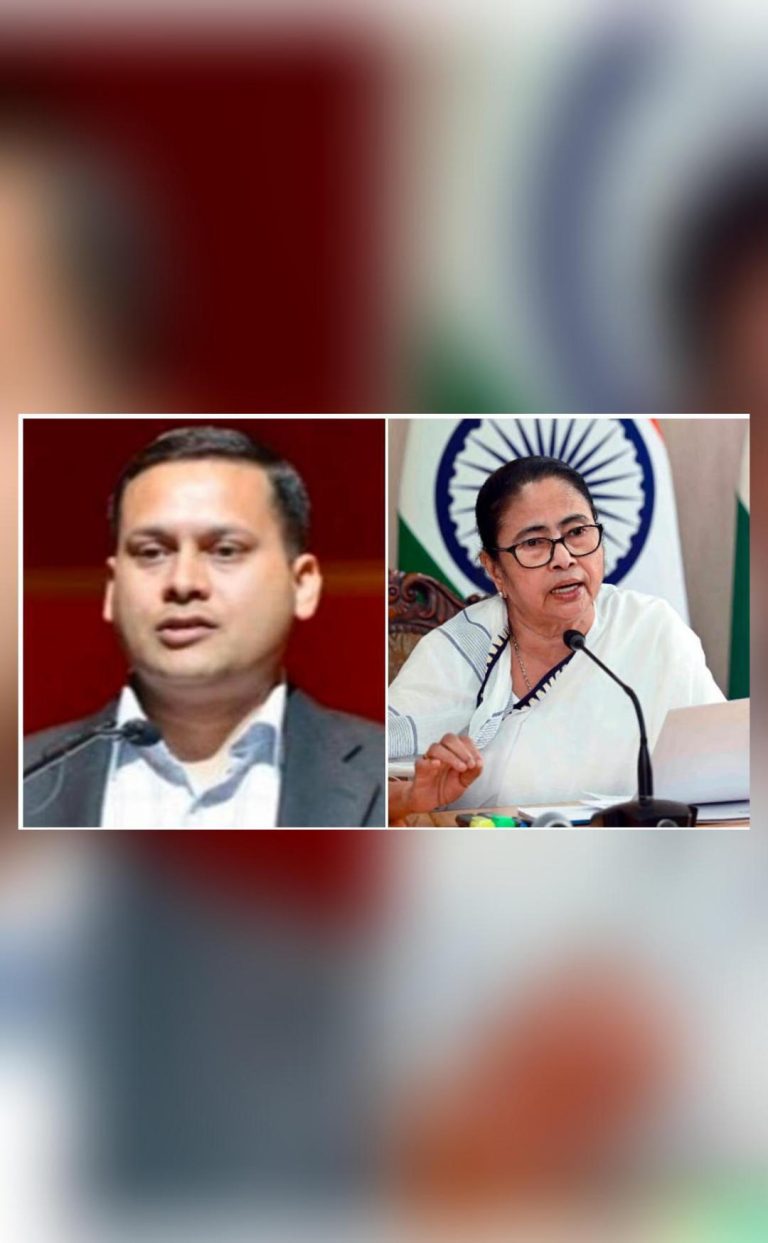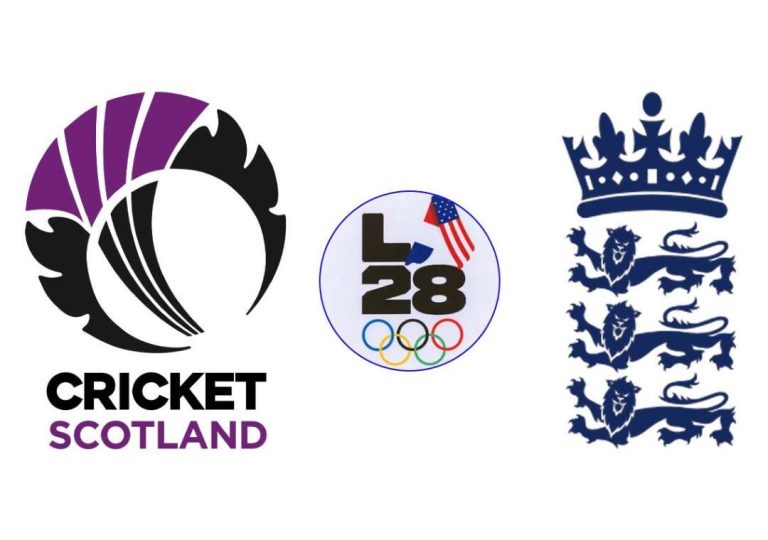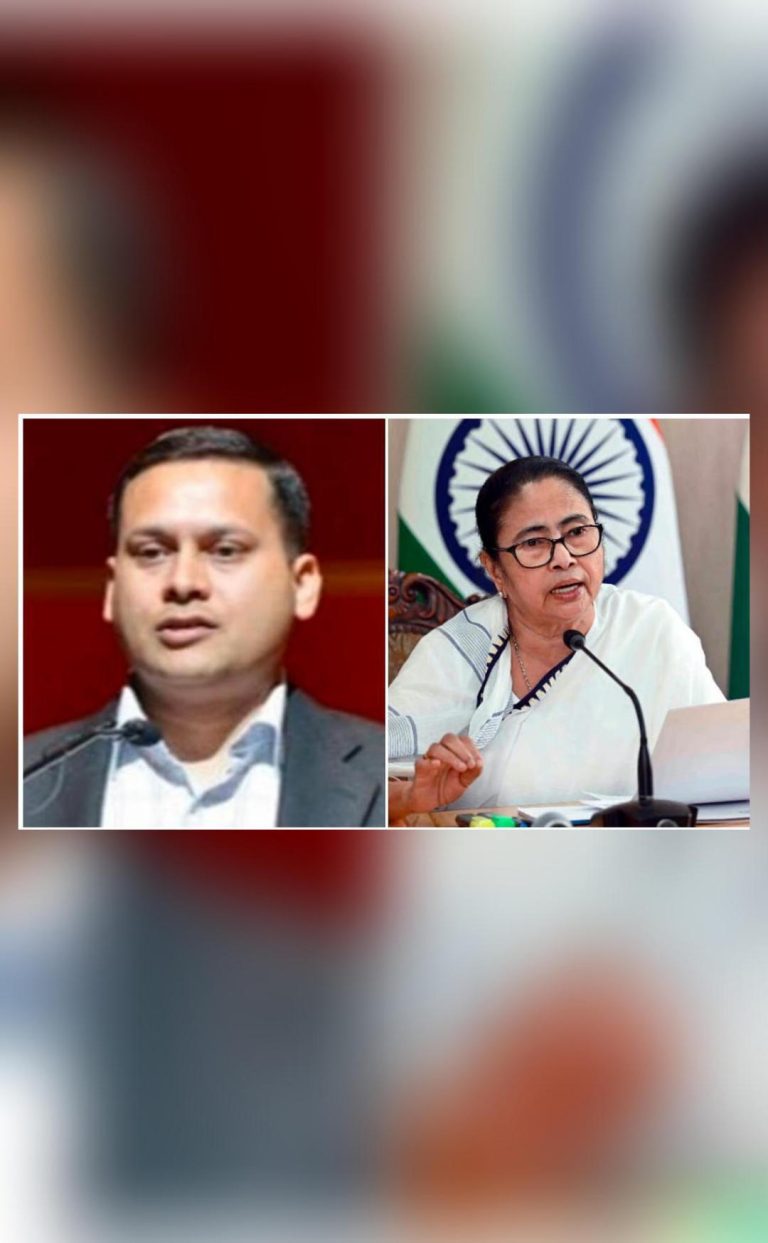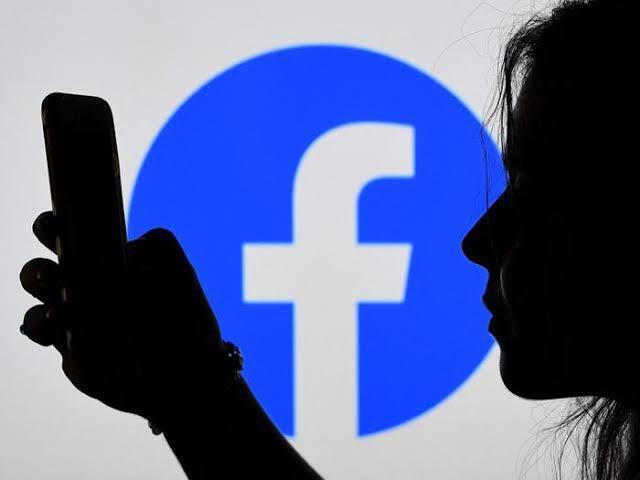
Papua New Guinea Restricts Facebook to Tackle Hate Speech: Reports
In a move aimed at curbing the spread of hate speech, misinformation, pornography, and other detrimental content, Papua New Guinea (PNG) has restricted access to social media giant Facebook. The temporary and partial restriction has been ordered under the country’s anti-terrorism laws, according to reports.
The decision was announced by Papua New Guinea’s Police Minister, Peter Tsiamalili, who stated that the measure was taken to ensure responsible usage of social media. Tsiamalili emphasized the need to control the spread of harmful content that can incite violence and promote social unrest.
The restriction, which is reportedly in place for an unspecified period, is a significant development in the country’s efforts to combat the proliferation of online hate speech and misinformation. Papua New Guinea joins a growing list of countries that have taken steps to regulate social media platforms, including Australia, New Zealand, and the United Kingdom.
The move comes amid concerns about the spread of misinformation and hate speech on social media platforms, particularly during times of political tension and social unrest. In recent years, social media has played a significant role in fueling conflicts, spreading false information, and promoting hate speech, often with devastating consequences.
Papua New Guinea has been grappling with a number of social and political issues, including tribal conflicts, land grabs, and political corruption. The country’s fragile social fabric has been under strain, with many communities experiencing significant levels of violence and instability.
The restriction on Facebook is seen as a proactive measure to prevent the spread of harmful content that can exacerbate these issues. By limiting access to the platform, the government hopes to reduce the spread of misinformation, hate speech, and other detrimental content that can fuel violence and social unrest.
The decision to restrict Facebook has been welcomed by many in Papua New Guinea, who have long been concerned about the impact of social media on the country’s social and political stability. Many have expressed support for the government’s efforts to regulate the platform and ensure that it is used responsibly.
However, the restriction has also been met with criticism from some quarters, who argue that it is an overreach of government power and will stifle free speech. Others have expressed concerns about the potential impact on small businesses and individuals who rely on social media to promote their products and services.
Despite these concerns, the government remains committed to ensuring that social media is used responsibly and that it does not contribute to the spread of harmful content. The restriction on Facebook is seen as a necessary step in achieving this goal, and the government has vowed to continue monitoring the platform to ensure that it is used in a way that is consistent with the country’s laws and values.
The restriction on Facebook is a significant development in Papua New Guinea’s efforts to regulate social media, and it is likely to be closely watched by other countries in the region. As the world grapples with the challenges posed by social media, Papua New Guinea’s decision to restrict Facebook serves as a reminder of the need for governments to take proactive steps to ensure that these platforms are used responsibly and do not contribute to the spread of harmful content.
